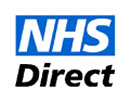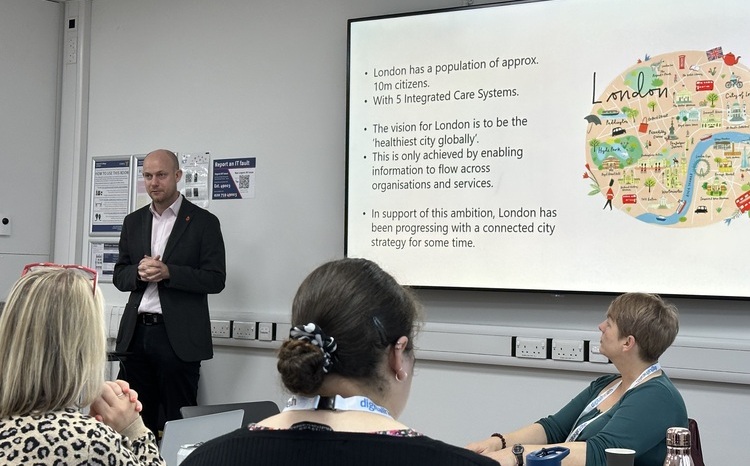Upgrades to core software slowed NHS Direct
- 9 April 2008

As a result of the upgrade problems, a national advertising campaign to promote NHS Direct in the run-up to Christmas was deferred. Problems were also experienced with new health information directory software.
In a report to his board last November, chief executive of NHS Direct, Matt Tee, said the service’s “ability to meet the key targets has been severely hampered by the effects of a major upgrade to the Clinical Solutions software we use throughout the core service.”
He added: “This particularly affected call lengths on the front end of the service, where call lengths increased by up to 12%.”
NHS Direct said the upgrade, which occurred in October, led to disruption during peak call times for three weeks, but did not impede the service’s ability to meet its key performance indicators set by the Department of Health.
NHS Direct’s ICT director, Murray Bain, told E-Health Insider: “This upgrade was a change to the underlying structure of the database to bring it up to the latest specifications and to facilitate future developments for the NHS Direct Service. An upgrade of this type, migrating 10 million NHS Direct patient records into a new platform, is never taken lightly.
Bain added: “Significant testing had been undertaken but nevertheless some unexpected issues became apparent when the system went live. Under normal weekday load, the system performed reasonably but under extreme load, during the weekend busy times, unexpected database performance issues were detected. These were resolved over a 2-3 week timescale.”
Tee told the NHS Direct board that the increase in call lengths led to more use of the ‘messaging’ service, where callers are informed that the service is experiencing a very busy period and asks them to try again later if the call is of a less urgent nature. He said the use of this messaging had been greater than he considered desirable.
Bain told EHI that despite the delays, targets were met and the system is now performing well. “All technical system performance targets continued to be met. No unplanned system downtime occurred. All DH [Department of Health] NHS Direct Service Key Performance Indicators continued to be met.”
Bain added: “The system upgrade is performing well and further upgrades are due this year to facilitate computer telephony integration and further enhancement to further improve the patient experience of the service. There was no technical disruption to the Christmas service, the database performed well under the extreme load of the Christmas and New Year period.”
NHS Direct’s ICT director said: “Due to issues with the NHS CAS software upgrade, we chose not to roll out the radio advertising nationally, having trialled it in the South, and we decided to defer press advertising planned for November 2007 to February 2008. All advertising that had been paid for, was run, so no cancellation fees were incurred.”
Problems also arose with a new Health Information directory provided by Clinical Solutions, which Tee described as “very difficult to use.”
Bain said: “A new Health Directory function was added to provide a more flexible platform for the future for NHS Direct Health Information, a number of issues both user and performance were detected in this system and these were resolved over a longer period.”
Clinical Solutions acknowledged that problems had occurred and said it was committed to helping NHS Direct deal with any problems experienced with the system.
Shaun Hopgood, chief operating officer of Clinical Solutions, told EHI: “Clinical Solutions has been working with NHSD [NHS Direct] since 2000. During a planned major upgrade last November, we experienced some technical issues in extreme load conditions, which were resolved over a two to three week period. During this time, some users of the service may have experienced slightly longer call times.”
Hopgood added: “However, the implementation had no adverse effect on service quality or system uptime and all Key Performance Indicators were met. Call times and system performance are back to expected levels and we thank callers for their patience during this period. We are pleased therefore, to have the kind of working partnership with NHSD that enables us to tackle issues together in an effective, efficient and coordinated way. We now look forward to supporting NHSD in further enhancing its service this year and in the future.”
Links




